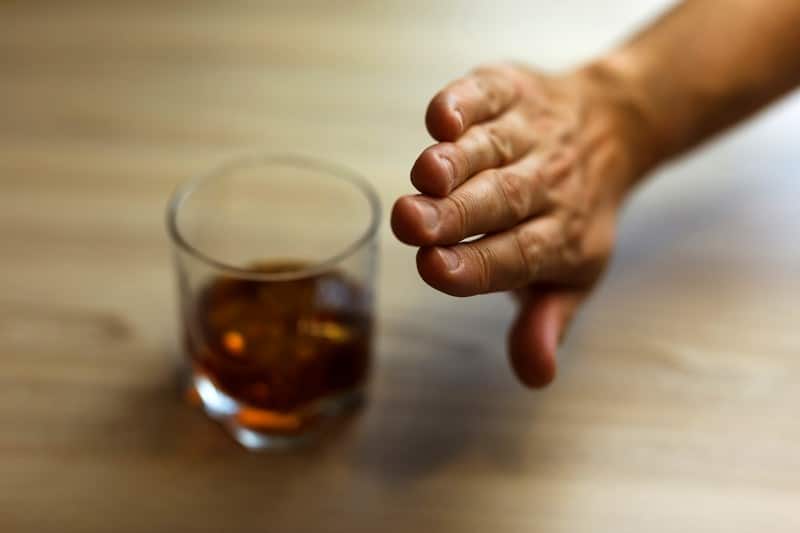Stop Drinking Alcohol

People who consume excessive alcohol develop alcohol-related liver disease (ALD). The chemical process of alcohol metabolism in the liver produces a toxin that kills liver cells. ALD is more common in males accounting for about 70% of those fatalities. Moreover, it does not pose any symptoms until the illness is already severe. Symptoms of ALD include jaundice, weight loss, fatigue, vomiting blood, and liver pain.
Following an ALD diagnosis, abstinence is the most crucial action to take. This is because the liver undergoes a self-healing process—scar tissue forms when too many cells die, which is medically recognized as liver cirrhosis. Long-term, heavy alcohol use may cause irreversible liver scarring, rendering it unable to perform its normal functions.
However, stopping alcohol consumption, paired with a healthier lifestyle early in the progression of liver disease, can help reverse the dire effects of ALD. Recovery from alcoholism may start a few days to weeks after you give up drinking, but full recovery may take months for severe cases. Those who struggle to reduce their drinking may have an alcohol use disorder (AUD), which may be treated with psychotherapy alongside medication for ALD. However, alcohol withdrawal may be severe, with symptoms such as hallucinations and seizures.










